VICTORY BASE COMPLEX, Iraq- Military and judicial members of the Iraqi Investigation Committee received a hands on tour of the Victory Base Complex Joint Expeditionary Forensics Facility (JEFF) here March 30 to help them better understand the benefits of scientific evidence processing in rendering convictions on accused terror suspects.
The JEFF Laboratory uses cutting-edge technology and scientific analysis to find sometimes the most microscopic of forensic evidence linking an individual to a weapon, crime scene, and any act of violence against Iraqi and Coalition forces.
"We are extremely effective. One of the reasons we are so effective is our expediency, we have a very quick turn around from collection to analysis," said St. Louis native, Maj. Kelby Blake, lab officer in charge for JEFF 3, Multi National Division-Baghdad. "DNA takes the longest because of the process it has to go through. But, for example, if we get a suicide vest bomber needing to be positively identified we can generally turn out a report in 24 hours."
Forensic science and technology, often glorified on American television with such shows as the CSI (Crime Scene Investigation) series, have placed forensic evidence in the forefront of most state-side court cases as the most 'reliable and accurate' forms of evidence in violent crimes. However, here in Iraq, this technology has only been available for a few years and has not yet been relied upon 'more than witness testimonies, and evidence with a high percentage of human error,' explained Blake.
Hence the importance of this meeting between the judicial community and the personnel collecting and processing this scientific evidence.
"This is what we are looking for...we can reach out to [the judicial, investigative community of Iraq] and showcase our capabilities, so they can see what type of evidence they will be receiving. [The more this leads] to someone being convicted in a trial based on Forensics rather than a witness statement, the better," Blake said.
"We are trying to bring them up to speed, we want them to see the process and realize that a conviction can be based on this evidence," said Lt. Col. Christopher Layton, the MND-B provost marshal, who is a native of Buck Valley, Pa. "Allowing the lead investigators to understand the science of forensics, law enforcement, and investigation, is a huge opportunity."
The chance to see and get some hands on explanations of the forensic process was an important step for these Iraqis to see just how in depth this science can be. With Iraqi-run labs being stood-up in the near future, any piece of this tour that was grasped by the Iraqis could prove to be a big step toward convicting many repeat and future terror offenders.
"We saw how to gather evidence, and how to implement these operations on the evidence to benefit us," said Iraqi Investigation Committee Judge, Ali Quhrama. " It is more comfortable now, this will make my job easier, this is powerful evidence against the accused, and I hope it will continue to be developed more in Iraq."
This partnership-focused event is just one small step toward the bigger picture of Iraq and Iraqis conducting their own investigations from start to finish-from evidence collection all the way to sentencing and their American counterparts have the same goal and drive to see this process through to a reality.
"We need the assistance of the Americans, we have a lot of cases, and the Americans are giving us an advantage in getting convictions of previous offenders who were not convicted earlier because of a lack of evidence," said Gen. Hashim Shather, Iraqi Investigative Committee Commander.
Learning the processes for which many future convictions could be based was an exciting opportunity that will shed light on Iraq's future toward charging and convicting terrorists for crimes against their forces and people. This brings Iraq one step closer to being a safe and prosperous country, added Shather.
"We hope that today will strengthen our relationship with the Iraqis, resulting in more terrorists being taken off [their] streets," Layton said.
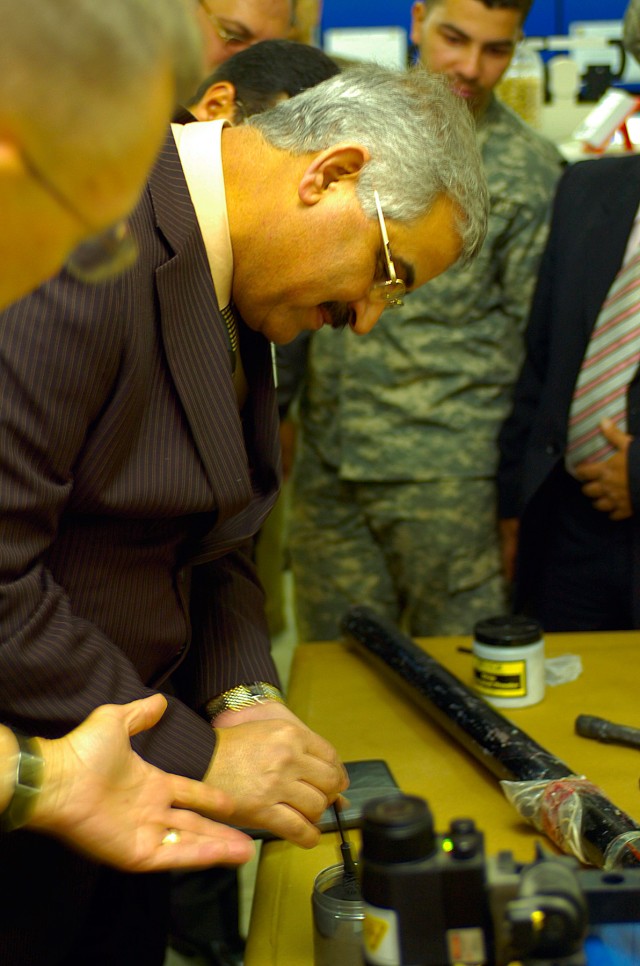
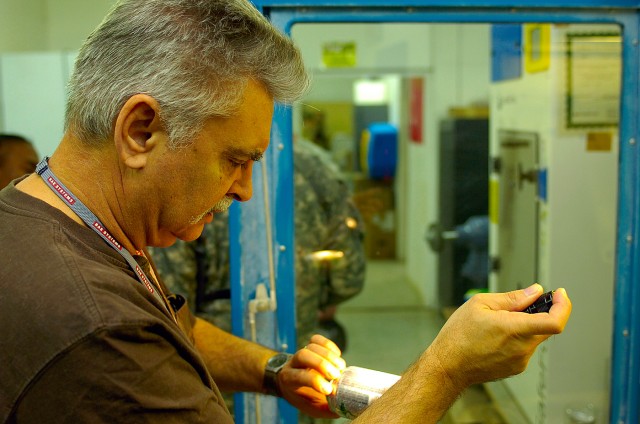
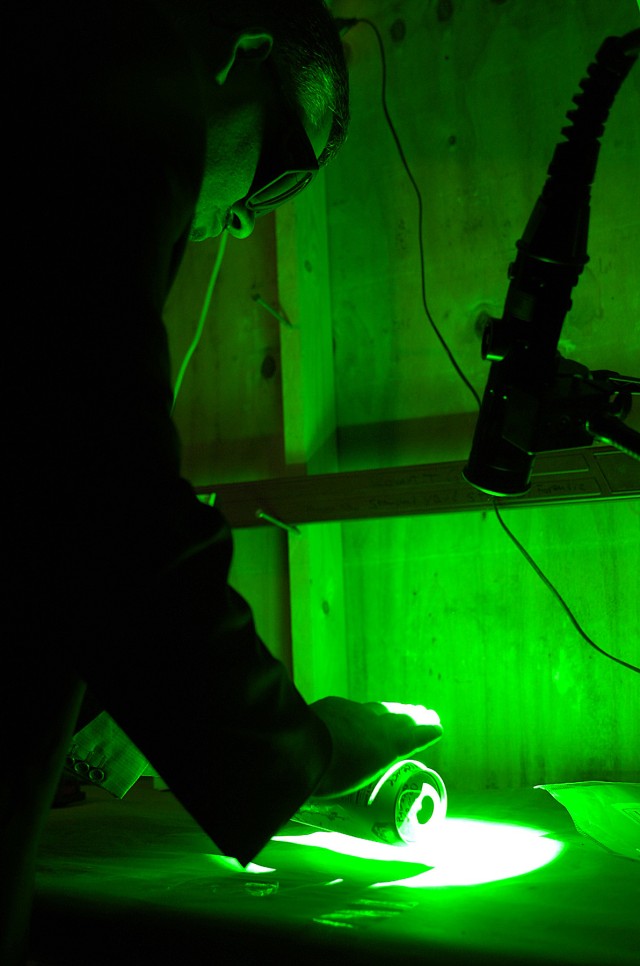
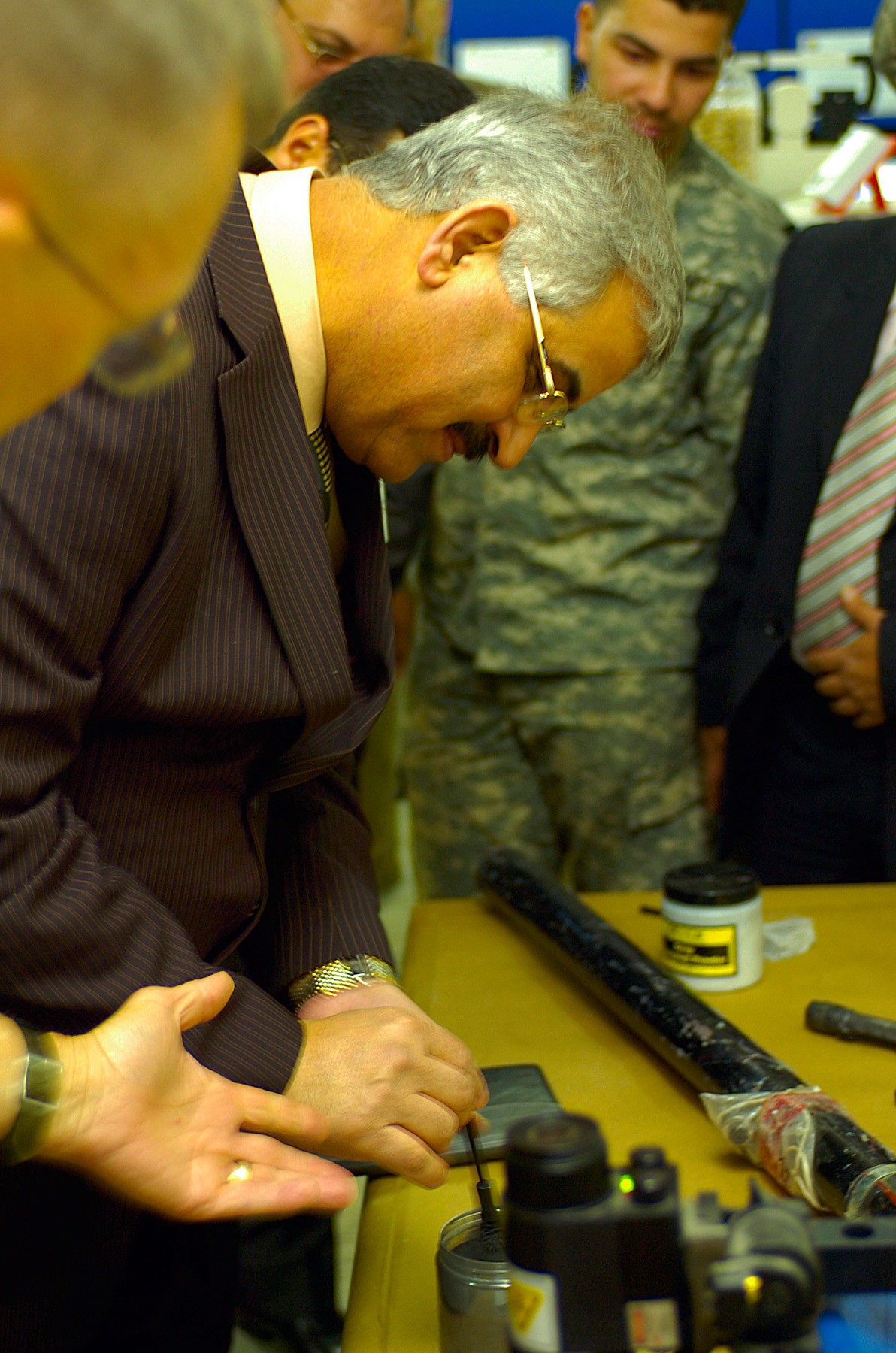
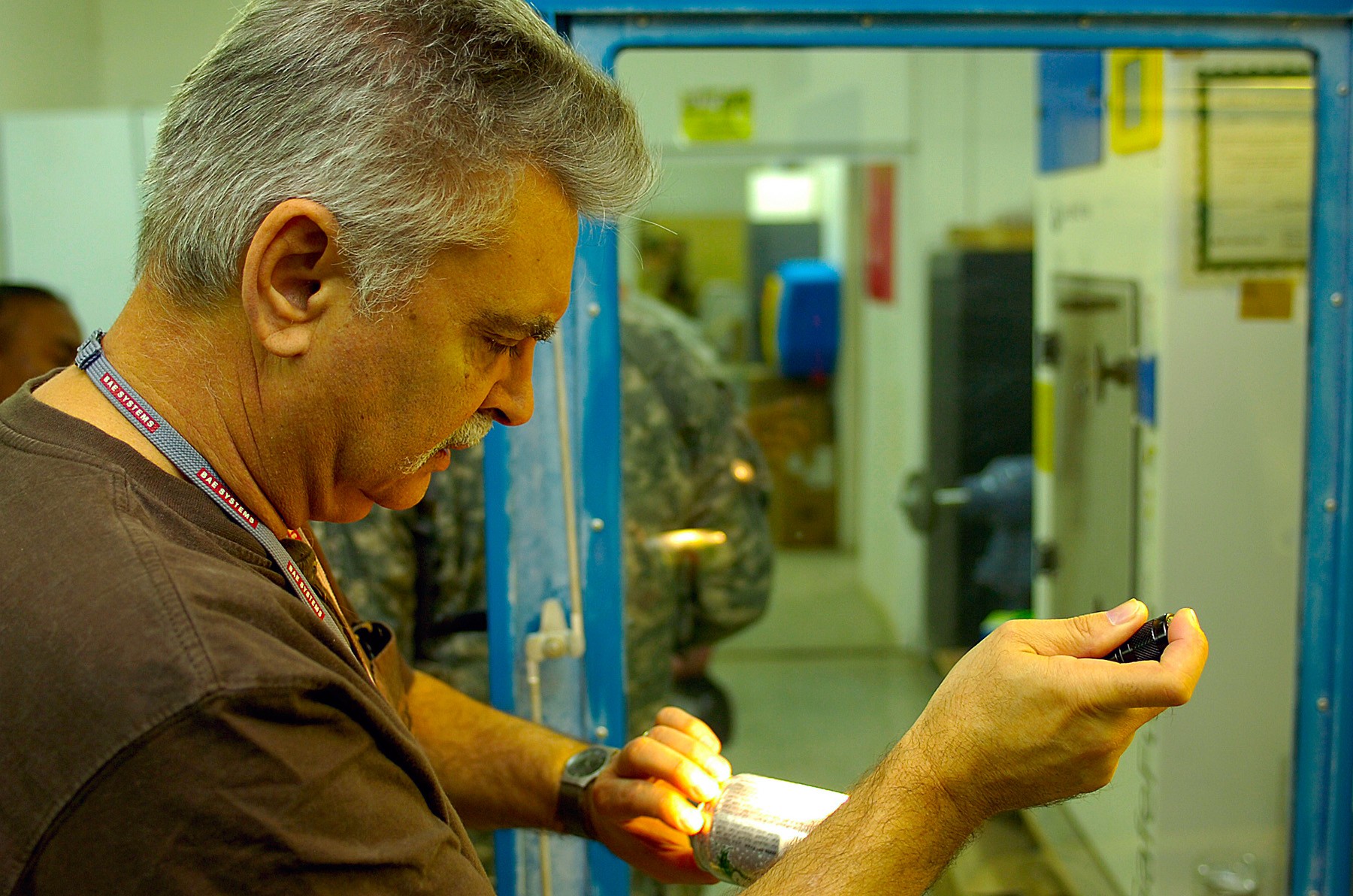
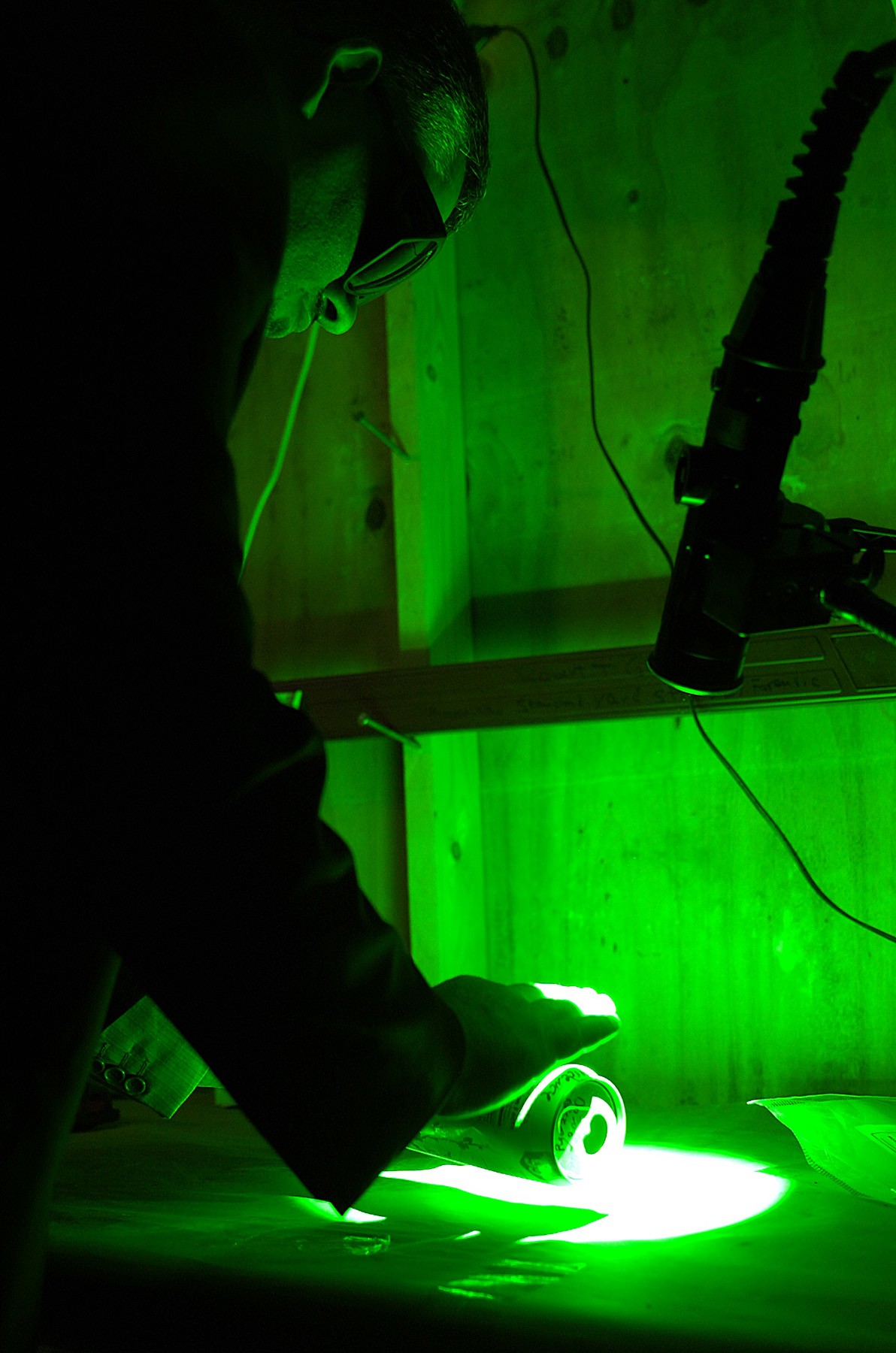
Social Sharing